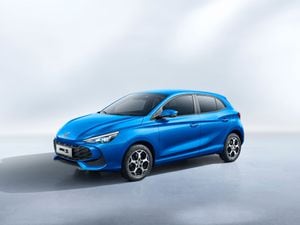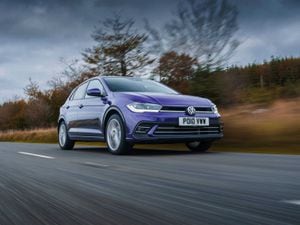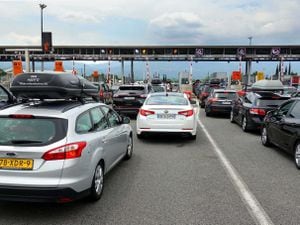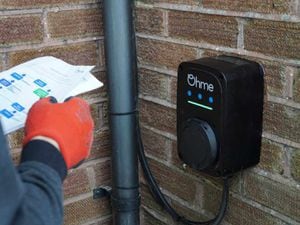What every UK car and van manufacturer thinks of delaying the new petrol and diesel vehicle ban
Ahead of an expected delay to the ban on new petrol and diesel cars and vans, we ask UK manufacturers what they think.
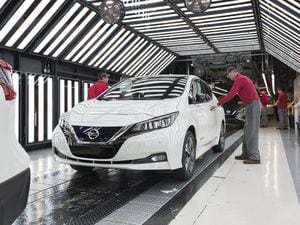
Prime Minister Rishi Sunak is expected to announce that the government will delay the ban on new petrol and diesel car and van sales from 2030 to 2035.
While the 2035 date, when every car and van sold needs to be ‘zero emissions’, remains the same, the period after 2030 is set to allow petrol and vehicles to be sold, when it was previously expected that only hybrid models would be permitted.
It’s caused quite a lot of controversy in the car world, but what does every UK car and van manufacturer think of the decision to delay the ban? The PA news agency has contacted every firm for comment.
Aston Martin
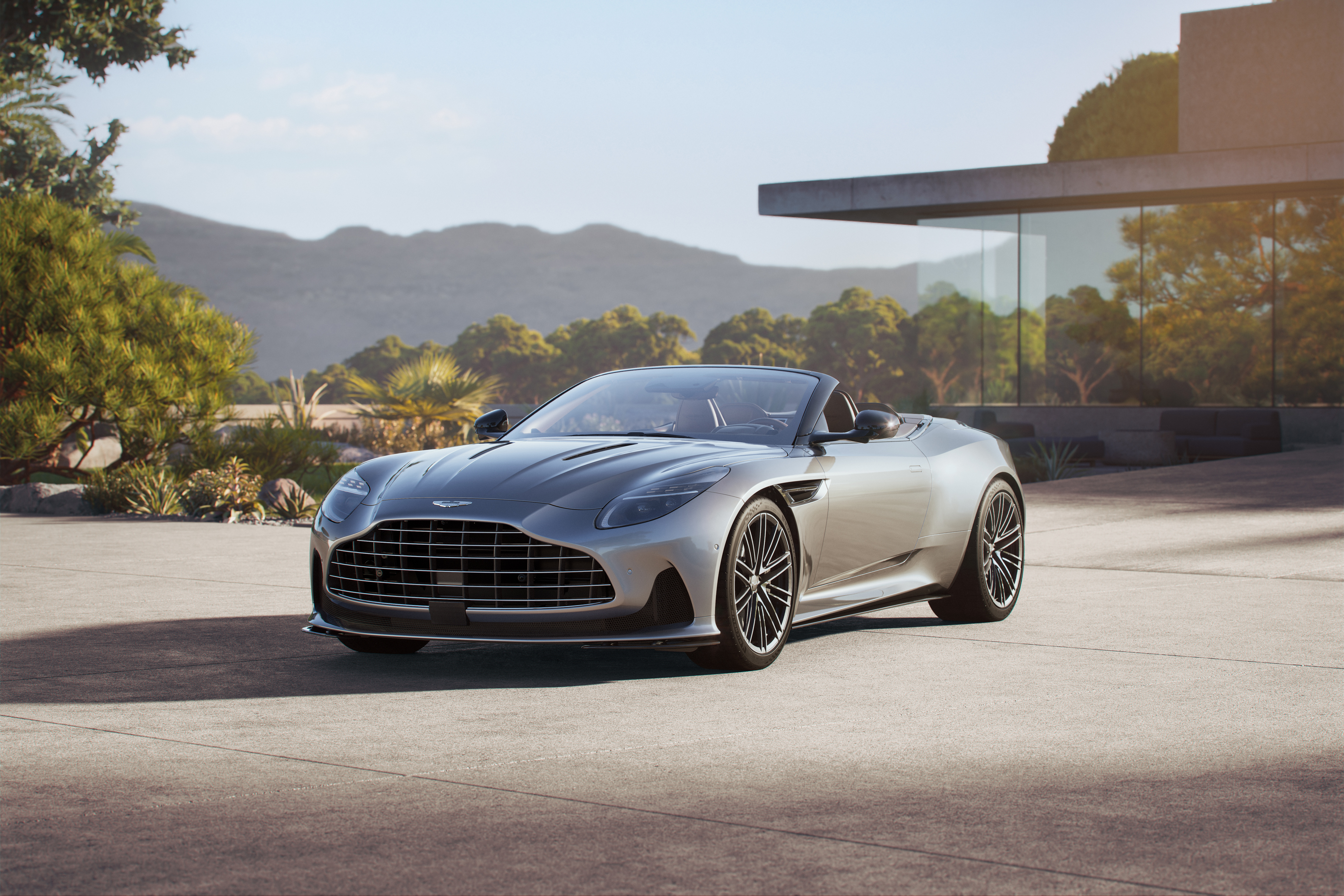
Aston Martin operates two car factories in the UK – one at St Athan, South Wales and another in Gaydon, Warwickshire.
Aston Martin didn’t respond to our request for comment, but the brand is yet to introduce a single electrified model. Despite this, it is set to introduce its first plug-in hybrid, the Valhalla supercar in 2024, and offer an electrified version of its full range by 2026.
Bentley
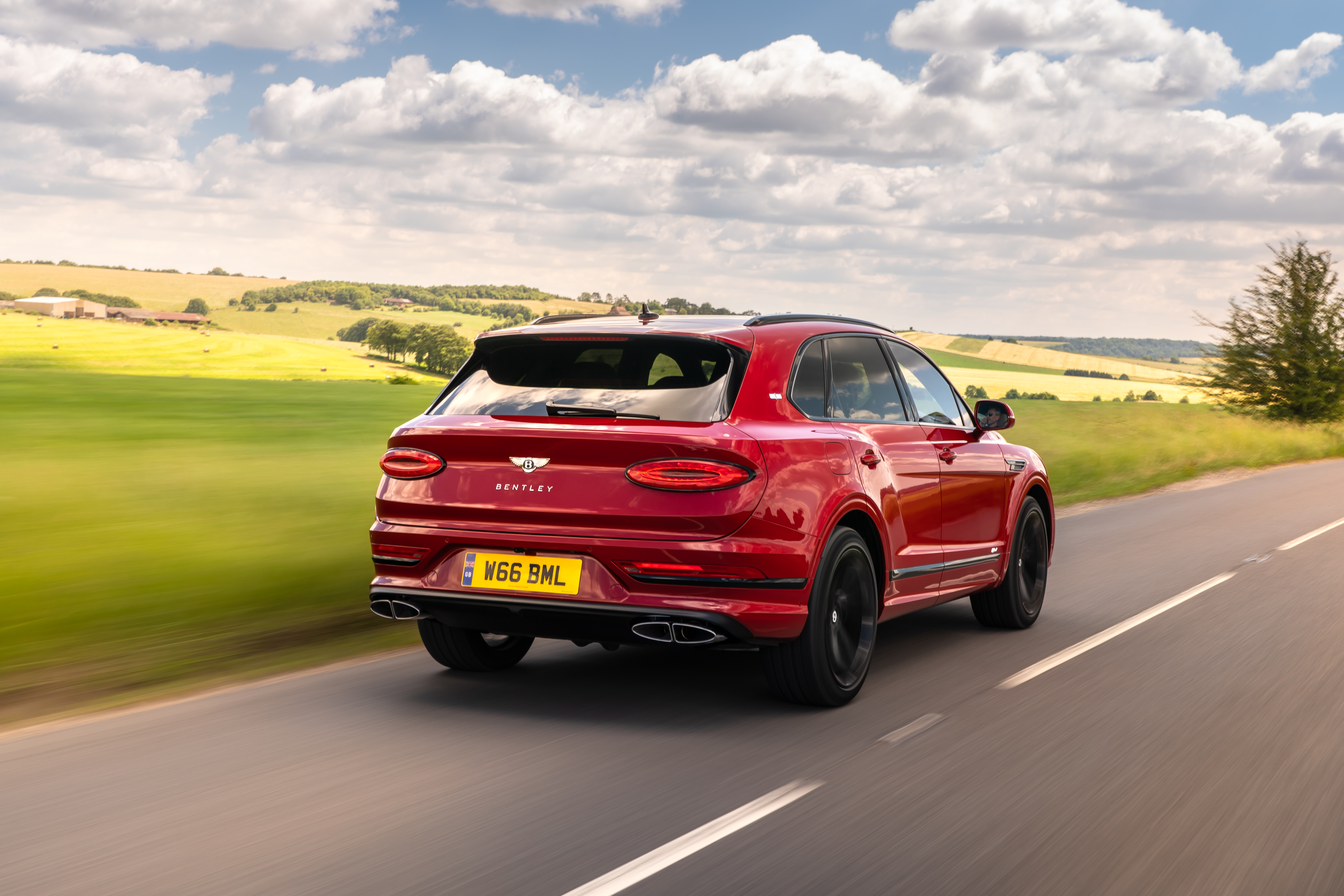
Bentley has introduced plug-in hybrid versions of its Bentayga SUV and Flying Spur saloon in recent years, which are proving increasingly popular.
While the first electric Bentley isn’t due until 2026, it is confirmed to be produced at the firm’s only factory in Crewe, Cheshire. Bentley didn’t respond to our requests for comment.
Ford

Though Ford might not make any cars or vans in the UK, it has two parts factories in Britain, as well as a significant engineering base in Dunton, Essex. Ford’s UK chair Lisa Brankin, said delaying the 2030 date risked undermining Ford’s business decisions.
Brankin said: “This is the biggest industry transformation in over a century and the UK 2030 target is a vital catalyst to accelerate Ford into a cleaner future. Our business needs three things from the UK government: ambition, commitment and consistency. A relaxation of 2030 would undermine all three.
“We need the policy focus trained on bolstering the EV market in the short term and supporting consumers while headwinds are strong: infrastructure remains immature, tariffs loom and cost-of-living is high.
JLR
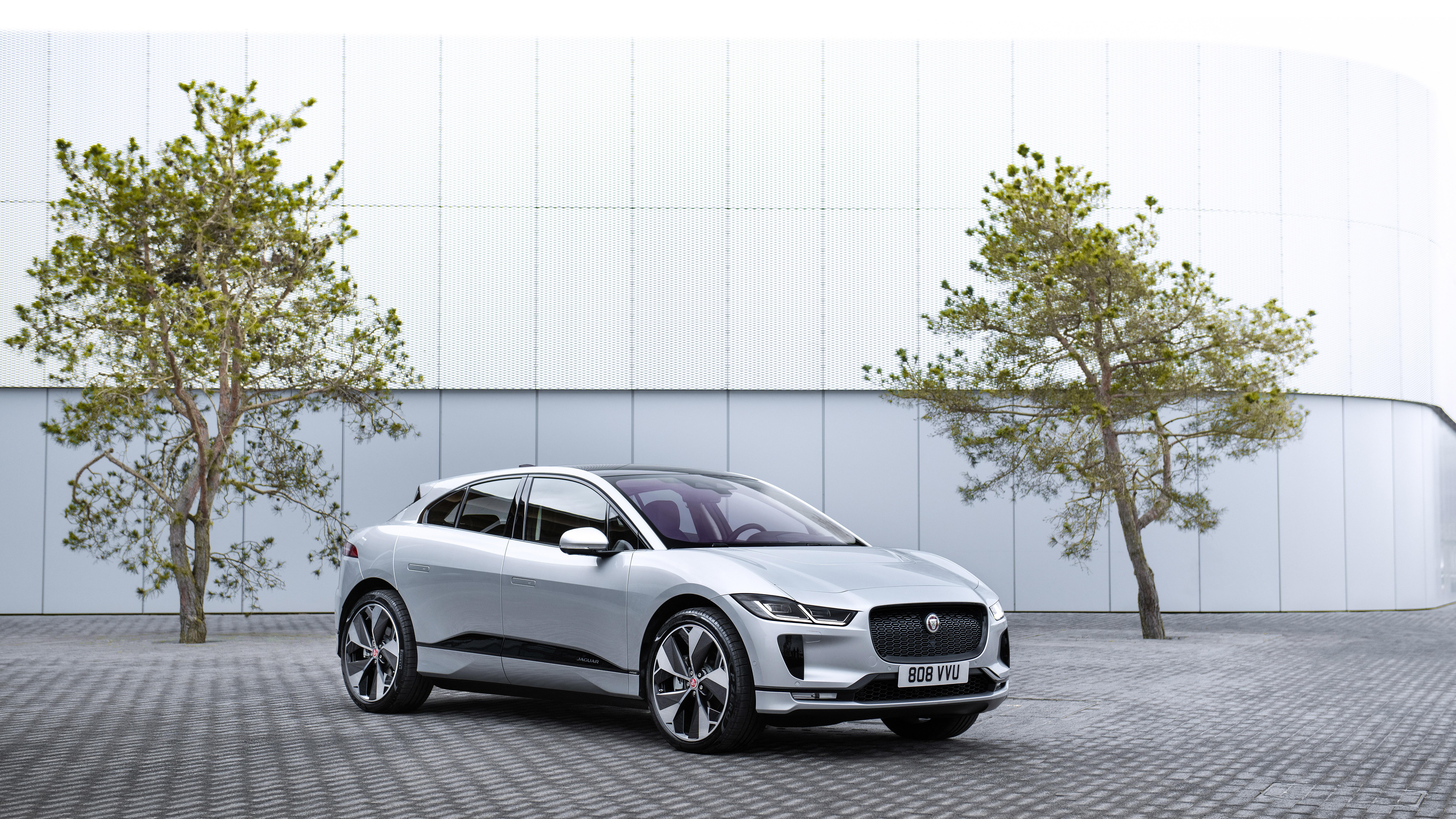
Jaguar Land Rover (JLR) recently benefitted from its Indian owner Tata announcing a significant electric car battery factory in Somerset. The firm also operates three factories in the UK, and is one of the largest vehicle producers in Britain, making cars in Solihull and Castle Bromwich in the West Midlands and Halewood in Merseyside.
Jaguar has already committed to being an electric-only car firm from 2025, with the firm saying it was ‘investing £15bn over the next five years to electrify our luxury brands’. In a statement, JLR said: “Our plans are on track and we welcome certainty around legislation for the end of sale of petrol and diesel-powered cars.”
LEVC

You might have never heard of the London Electric Vehicle Company (LEVC), but you’ll likely have seen its TX – the modern take on the London taxi – which uses a hybrid powertrain. It also makes an electric van known as the VN5.
LEVC, owned by Chinese automotive giant Geely, makes its vehicles in Ansty, near Coventry, and has been particularly outspoken about the 2030 date being changed.
Chris Allen, managing director of LEVC, said: “It is imperative that the UK government provides greater clarity and a well-defined strategy if we are to effectively plan for the future.
“LEVC is at the cusp of delivering the current agenda, so this announcement could risk undermining the huge progress that our organisation has already made. We are therefore calling on the UK government to provide our sector with urgent clarity that enables us to compete globally, or risk seeing us fall further behind in this race and erode the potential growth of the UK’s vital automotive industry.”
Lotus

While Lotus is best known for its sports cars, it’s putting an increasing focus on electric models these days, which are currently being made in China as Lotus is also owned by Geely. It still makes its petrol Emira sports car at its ‘home’ in Hethel, Norwich, however.
Though Lotus wouldn’t give a comment about the date being pushed back, a spokesman said the firm ‘has already committed publicly to being a fully electric brand by 2028’.
McLaren
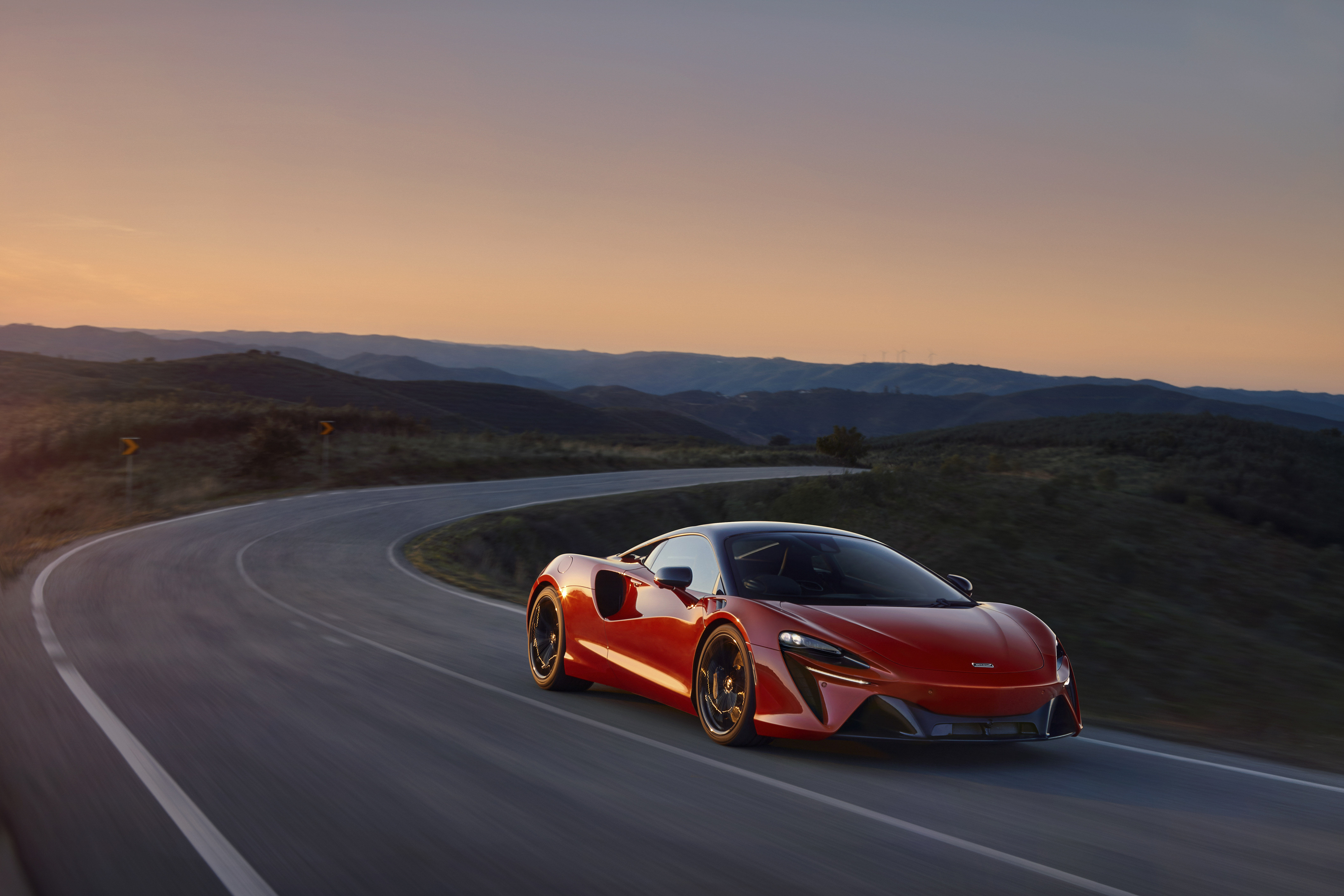
McLaren makes its range of supercars and hypercars at a state-of-the-art factory in Woking, Surrey, and has already started introducing hybrid models.
McLaren pointed the PA news agency to the statement from UK automotive trade body, the SMMT, and said it had ‘nothing further to add’.
The statement from the SMMT’s chief executive Mike Hawes reads: “Consumers must want to make the switch [to electric], which requires from Government a clear, consistent message, attractive incentives and charging infrastructure that gives confidence rather than anxiety. Confusion and uncertainty will only hold them back.”
Mini
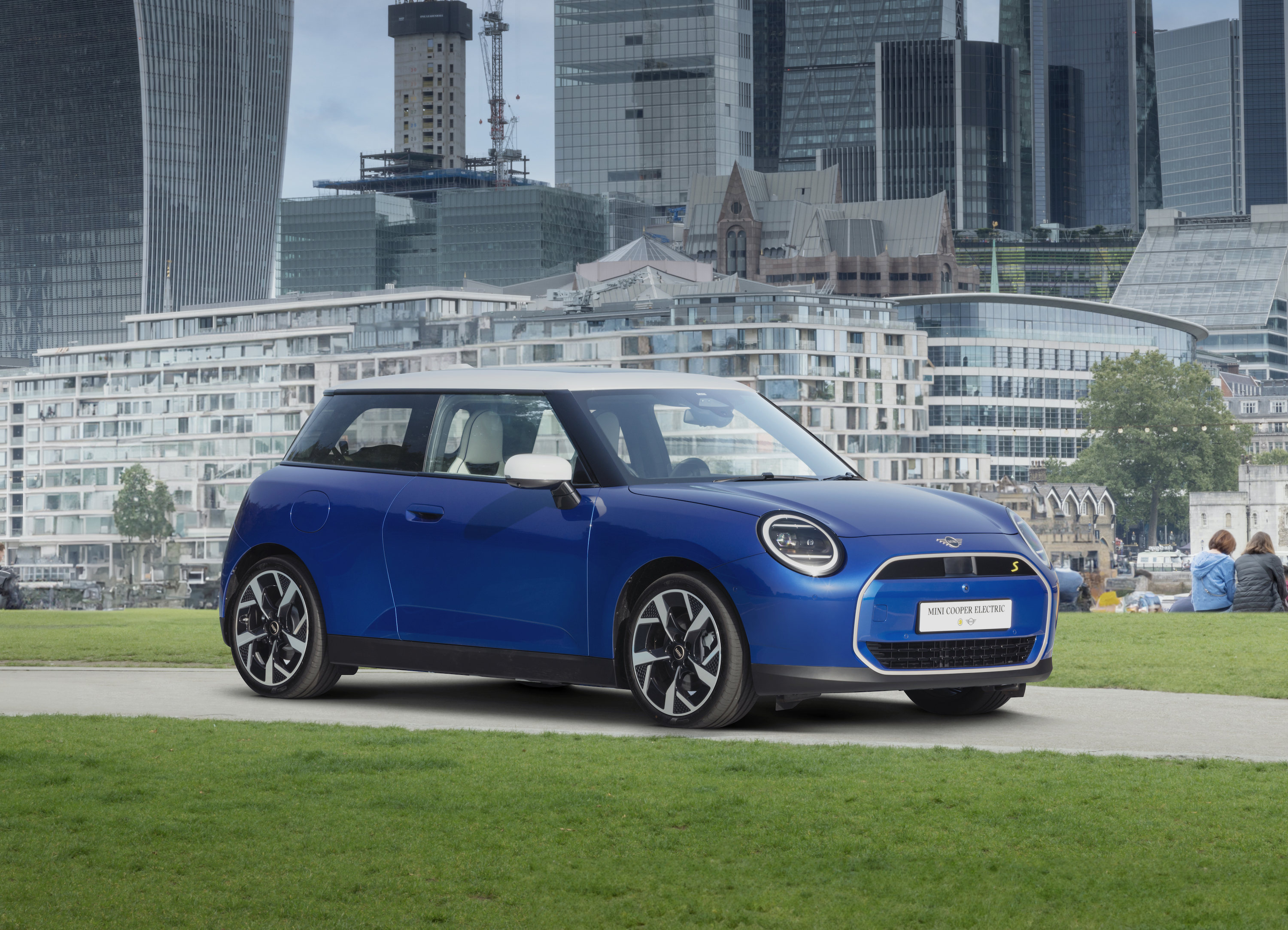
Mini produces its smaller cars at a factory in Cowley, Oxford, and recently announced production of its electric Cooper and Aceman would be produced there from 2026.
While a Mini spokesperson said it ‘cannot comment on speculation’, it has ‘previously announced that it will become a purely electric brand from 2030 globally and this will not change’. He added: “We and the whole automotive industry need clarity on the EV topic.”
Morgan
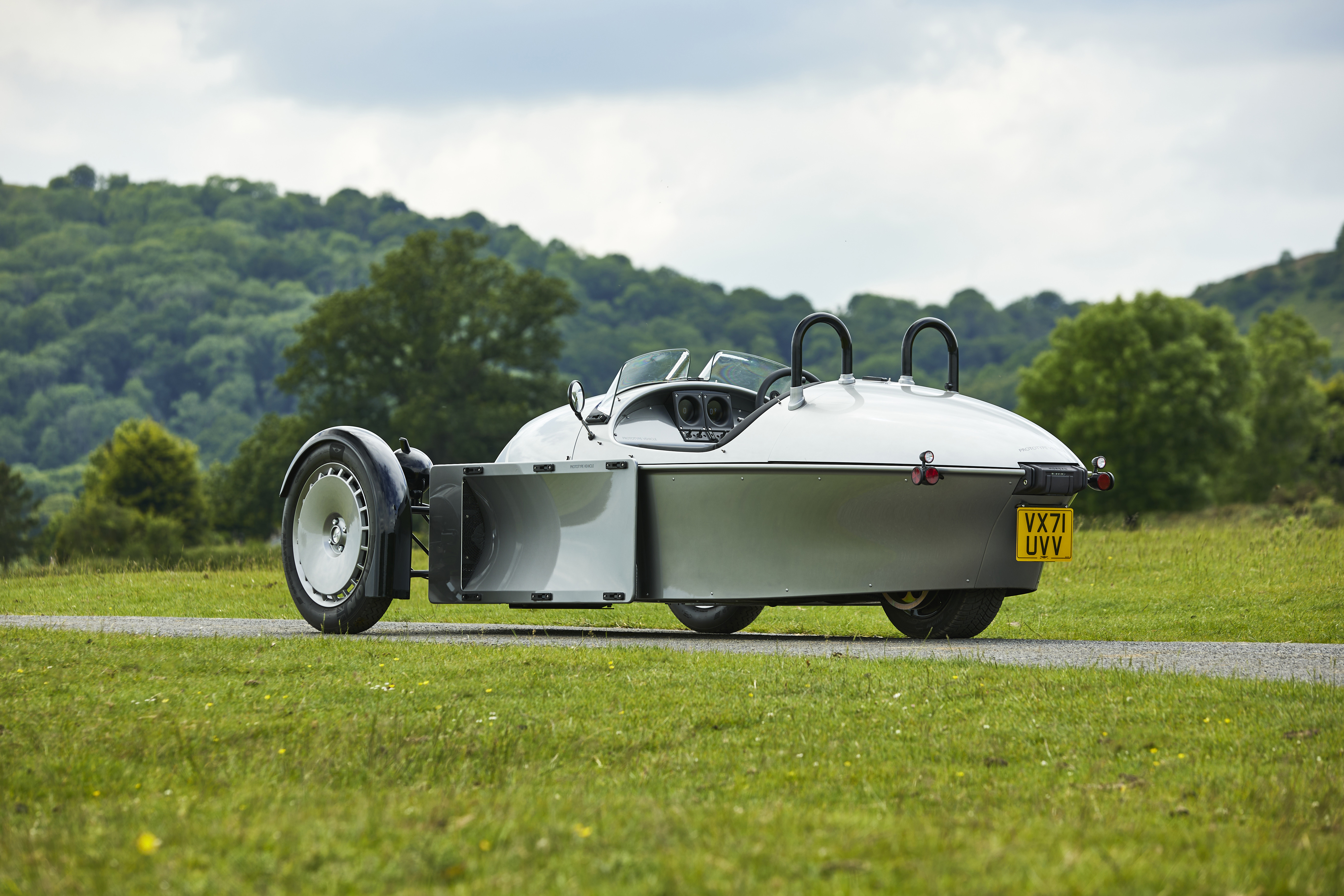
Morgan might make cars in fairly small numbers in the UK, but is important nonetheless as it keeps craftsmanship as a top priority. With a small facility in Malvern, Worcestershire, it makes unique models like the Super 3 and Plus 6. It says the 2030 announcement would not ‘delay us rapidly developing alternative powertrain’
Matt Hole, chief technical officer at the firm told the PA news agency: “Morgan has the agility, expertise and partnerships to comply with all future global emissions legislation. We will continue to offer our customers petrol engines in markets that permit but the UK’s new shift in policy will not delay us rapidly developing alternative powertrains for the long-term future of our business.”
Nissan

Nissan operates the largest car factory in the UK up in Sunderland, where the electric Leaf is made alongside its popular Qashqai and Juke crossovers. The majority of models sold already are electrified too, and the brand has already committed to the production of next-generation EVs.
Despite this, Nissan said it had nothing to add until an official announcement was made.
Rolls-Royce
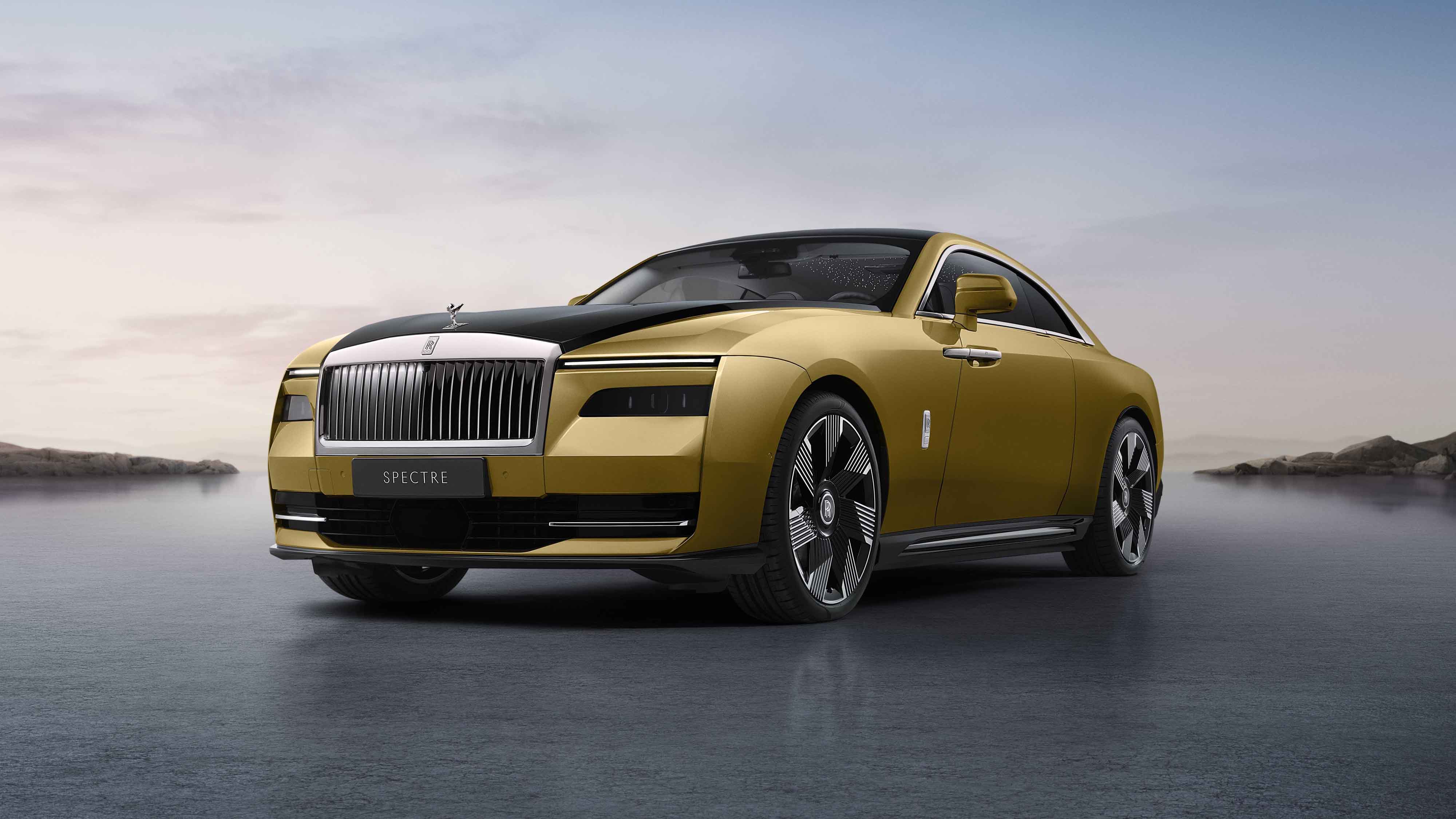
Rolls-Royce sits at the top end of UK car production, with a grand factory in Goodwood near Chichester.
While Rolls-Royce is best known for its huge V12-powered models, it has recently started producing its electric Spectre at the plant. The firm didn’t respond to our approach for comment.
Stellantis
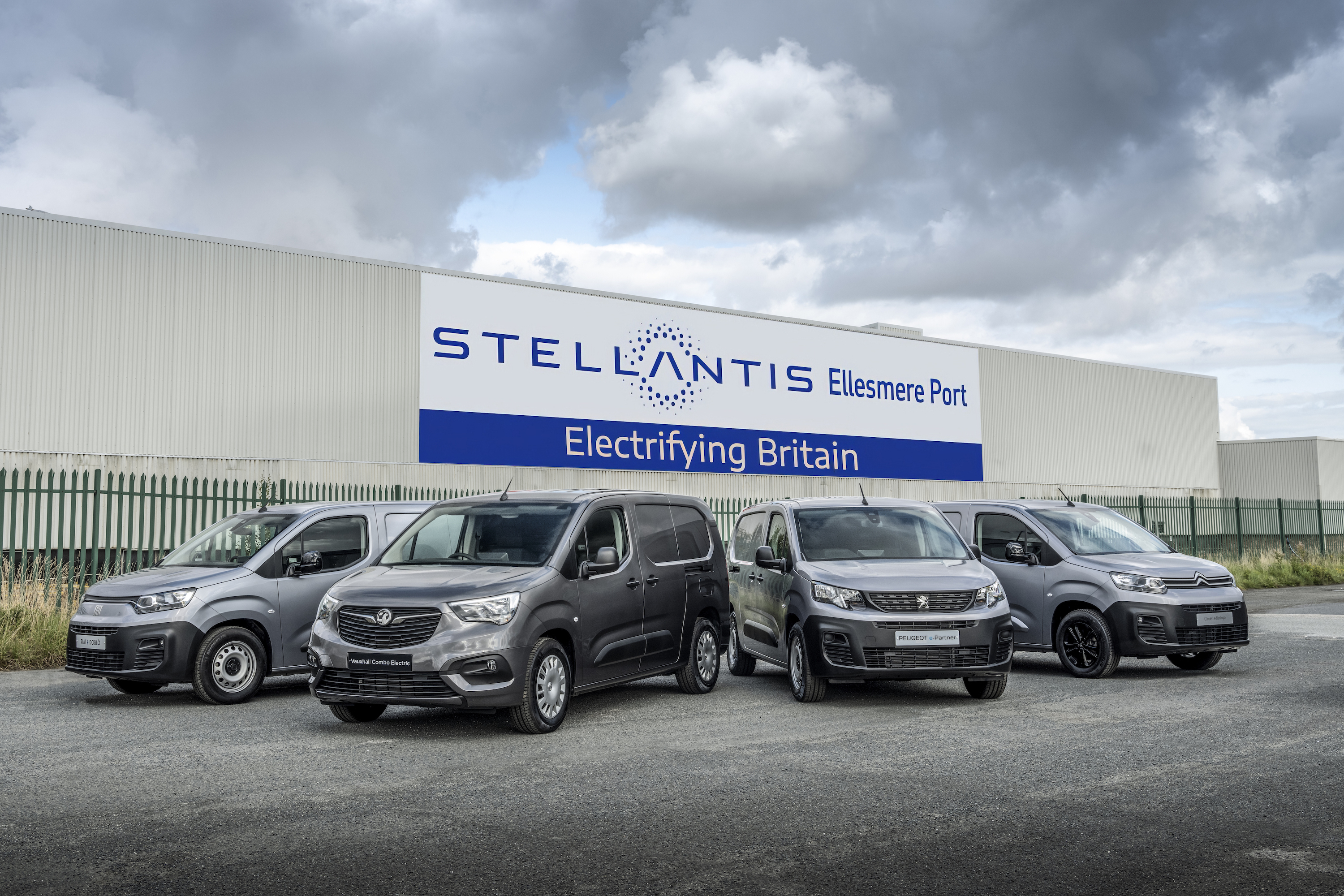
Stellantis is the big automotive group that includes firms such as Vauxhall, Citroen and Peugeot, and has two production sites in the UK – one in Luton and another in Ellesmere Port, Merseyside. Both produce vans for a range of Stellantis brands, with the latter plant recently switching to purely electric production.
In a statement, Stellantis said it was ‘committed to achieving 100 per cent zero-emission new car and van sales in the UK and Europe by 2030’. It also said several brands would become electric before then, including Fiat in 2027 and Vauxhall in 2028. A spokesperson added: “Clarity is required from Governments on important legislation, especially environmental issues that impact society as a whole.”
Toyota
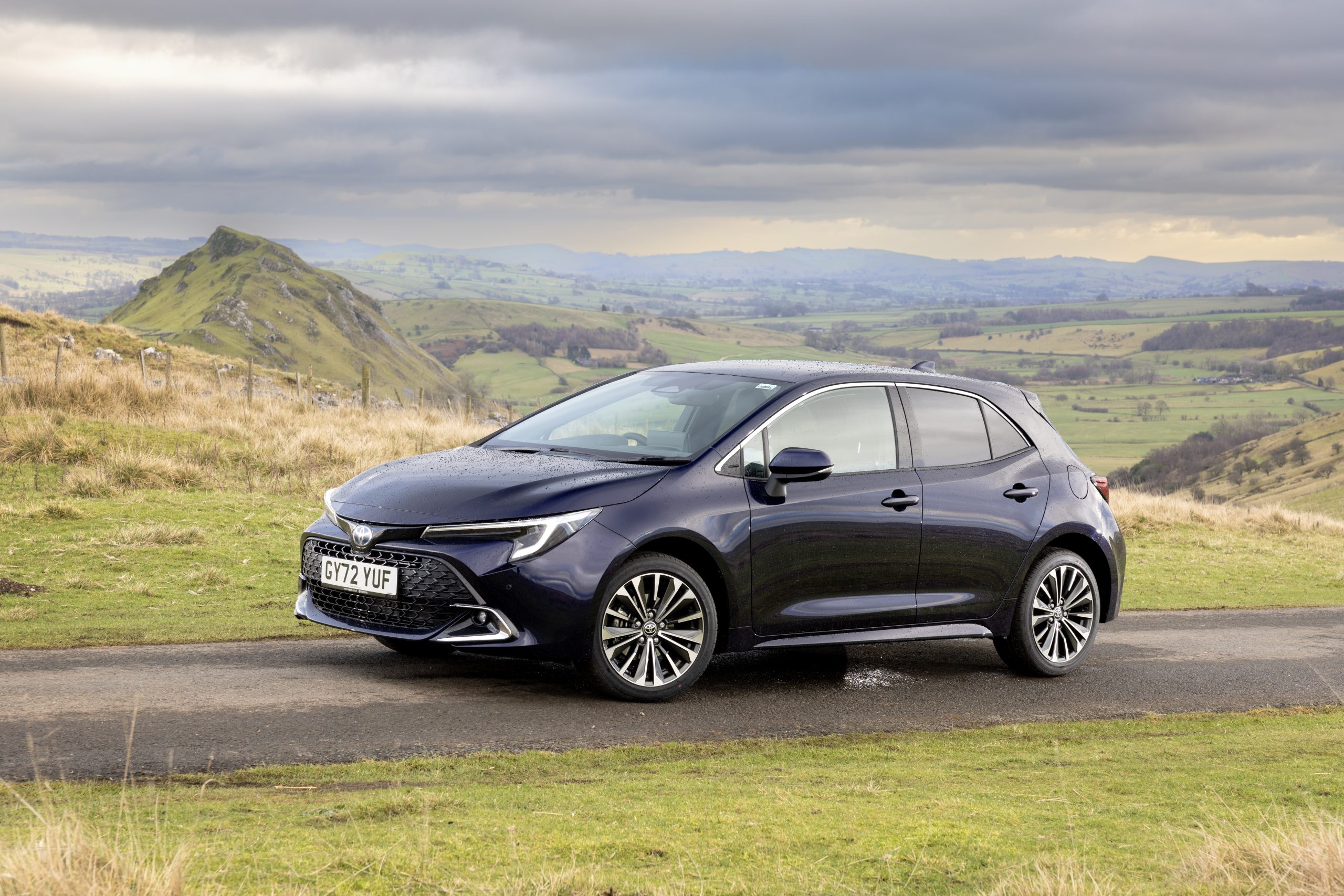
Toyota is perhaps the firm that will benefit the most from the 2030 date being pushed back, owing to the fact it makes its hybrid-only Corolla in Burnaston, Derbyshire, and there was uncertainty about whether this could be produced post 2030.
Despite this, Toyota said it couldn’t comment until the official announcement was made.

